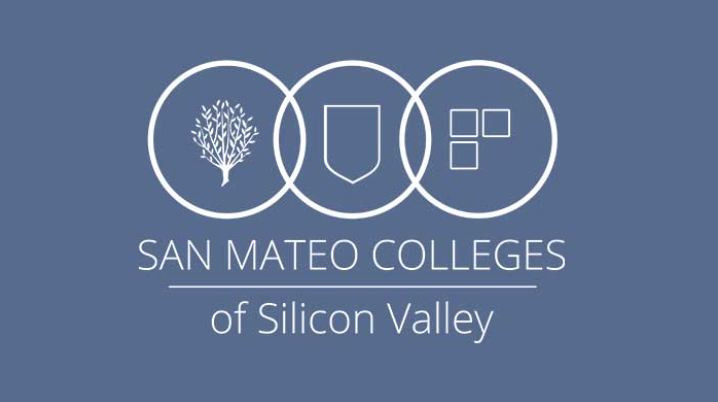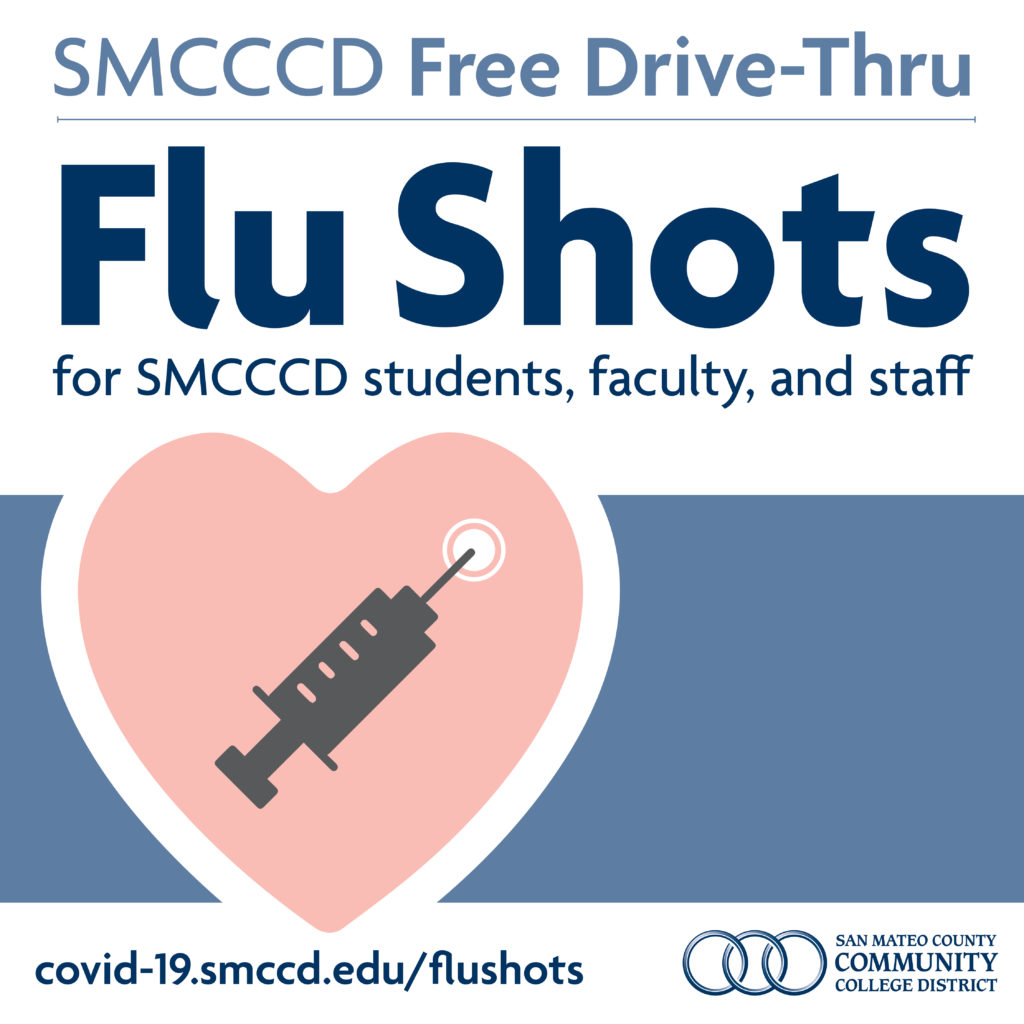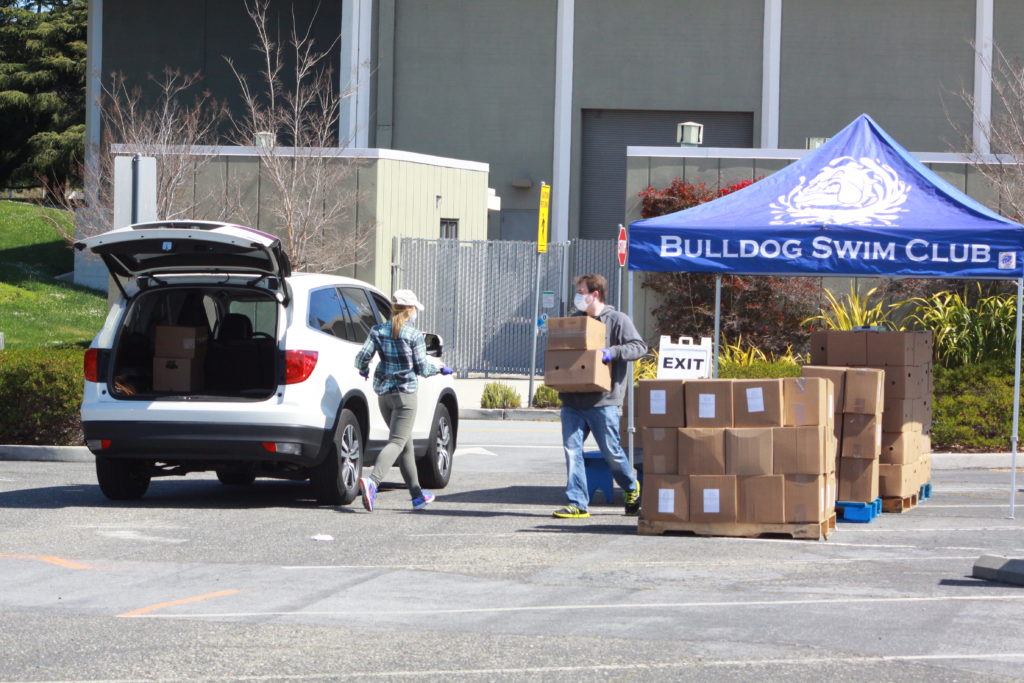The three colleges of the San Mateo County Community College District – Cañada College, College of San Mateo and Skyline College – will continue to hold courses in online and distance education modalities, as well as provide most student services remotely, through the end of the Spring 2021 semester. The San Mateo County Community College District Board of Trustees formally ratified the decision in their meeting on Sept. 23.
“The COVID-19 pandemic continues to disrupt higher education along with every other sector,” said SMCCCD Chancellor Mike Claire. “This decision allows our employees to plan ahead for a successful spring semester, and it lets students know what to expect. Staying online is the best way to keep our students, faculty, and staff healthy and safe.”
The Board’s decision was based on the recommendation of the Chancellor and supported by a recommendation from the District Academic Senate. Faculty, staff and students have expressed a need to have as much time as possible to plan for the spring term.
Most employees will also continue to work remotely through May 2021.
In-person instruction will continue for certain essential infrastructure sectors–healthcare, emergency services, and transportation fields, as well as critical STEM labs in key transfer areas, and to meet licensing requirements for career education programs–in order to train first responders and healthcare workers to address urgent community needs and to provide direct pathways to employment. Due to criteria set by the State that include requirements for social distancing, classroom/lab sanitization procedures, and other health precautions, the number of people at SMCCCD campuses will be kept at a minimum.
During summer 2020, Colleges provided a massive professional development program to train instructors in online education. Approximately 600 college faculty participated, as well as dual enrollment faculty, faculty instructors, and other support staff. The training program was supported by more than $1.4 million in Federal CARES Act funding as well as District funds.
The District has launched a number of programs to help students cope with the ongoing crisis. Drive-Up WiFi service is available six days a week to help students attend online classes and complete their schoolwork. In a partnership with Second Harvest of Silicon Valley, the District now offers free food distribution on Wednesdays at Skyline College, and Fridays at College of San Mateo. The District is distributing more than $4.2 million in federal CARES Act funding to students to assist with financial challenges. The three Colleges have been distributing loaner Chromebooks, WiFi hotspots and other supplies to students. Healthcare services are available via telemedicine free of charge to students.







